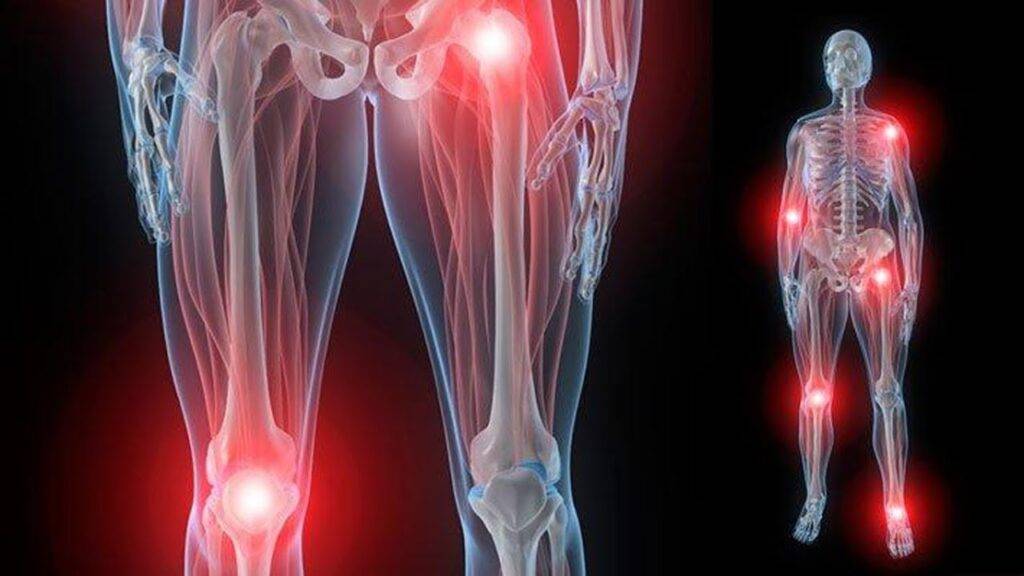By definition, corrosion is the process of destroying, vaporizing, burning or crushing something. In terms of medical procedures, you may have heard of ablation being used to treat arrhythmias, in which doctors burn off a small area of heart tissue to regulate the heart’s rhythm.
This procedure is very similar to the way a doctor would surgically remove and separate tissue from your knee. The only difference is that instead of burning the heart muscle, the doctor temporarily destroys the tiny nerve endings that control joint pain.
For arthritis, RFA uses heat waves (similar to microwaves) to destroy the nerves that control your knee pain and send pain signals to your brain. After the destruction, these nerve endings will not send pain signals to your brain until they are regenerated, and you will no longer feel any pain, which will take about a year. However, this length of time can vary from patient to patient.
How does RF (Radiofrequency Knee Neurectomy) work?
The nerves targeted by this method are very small and are completely sensory nerves responsible for pain. Fortunately, you won’t feel anything during the burning process because your doctor uses local anesthesia before the procedure.
After numbing the area, the doctor uses endoscopic X-rays to guide the needle close to the known bony anatomy where the target nerves are active. A device called a radio frequency generator produces the heat needed to vape the nerves. This intense heat travels to the end of the needle and destroys the nerve responsible for the pain.
![كيف يعمل تقنيةRF [الاستئصال عصب الركبة بالترددات الراديوية]؟](https://blog.arianamedicaretour.com/wp-content/uploads/2023/05/قنية-RF-1-1024x387.jpg)
When should patients consider ablation or radio frequency denervation?
This technique is ideal for patients who have tried traditional treatments such as gel injections and cortisone injections, but did not achieve successful results. In fact, doctors recommend that people follow pain management strategies, including light exercise and physical therapy, before undergoing knee replacement surgery. RF and other tactics can improve your condition without surgery. Patients who have already had surgery or a total knee replacement and are still experiencing symptoms will also benefit from these procedures. If conventional treatments fail to cure your condition, it may be time to consider RFA for your pain.
Basic and important points before removing the knee nerve with radiofrequency:
- Do not eat for six hours before the treatment.
- If you have diabetes and use insulin, you must adjust your insulin dose on the day of the operation. Your primary care doctor will help you with this adjustment. Bring your diabetes medication with you so you can take it after the treatment process is over.
- Four hours before the treatment process, stop taking pain relievers (if you are taking this type of medicine). Continue to take other medicines with a small amount of water. Bring all of your medications with you so you can take them after your treatment. Please note: Do not stop taking any medication without consulting or referring your primary care physician.
Important post-treatment tips:
- You may resume your normal activities as your comfort level allows after the procedure, but do not do any strenuous or intense activities for the first 24 hours after the procedure.
- You can return to work 24 hours after the treatment. If you have a physical job that requires intense physical activity, it is best to take 1-2 days off.
- You can eat almost anything you want and resume all previous medications.
- Do not shower, swim, or use a hot tub for three days after your treatment.
- You can remove the bandage from the knee every night before going to bed.
- You should not drive or operate machinery for at least 24 hours after treatment.
Call your doctor if these symptoms appear:
- Redness, swelling, or excessive discharge at the injection site
- Sudden leg weakness
- Fever over 38 degrees within 5 days after the operation
- Possible allergic reaction within 5 days after the operation
- Significant increase in pain that does not respond to ice, NSAIDs, and pain relievers
- Very severe and severe weakness in the legs after the treatment
Who should avoid radio frequency (RF) knee denervation?
Radio frequency knee denervation should not be performed in patients with the following conditions
- You have a local or systemic bacterial infection.
- pregnant patients
- You suffer from bleeding disorders.
They may suffer from a tumor or infection in the knee area.


